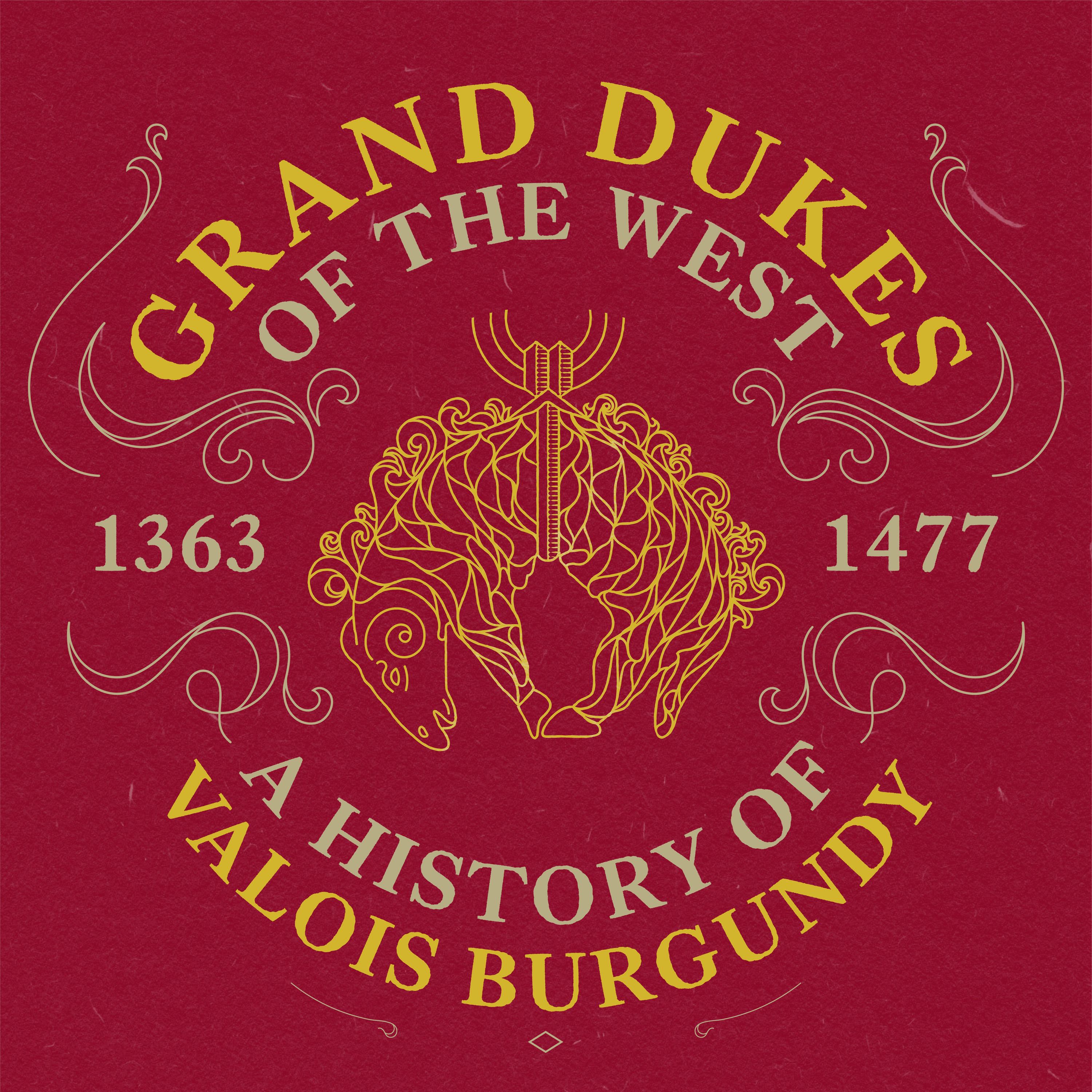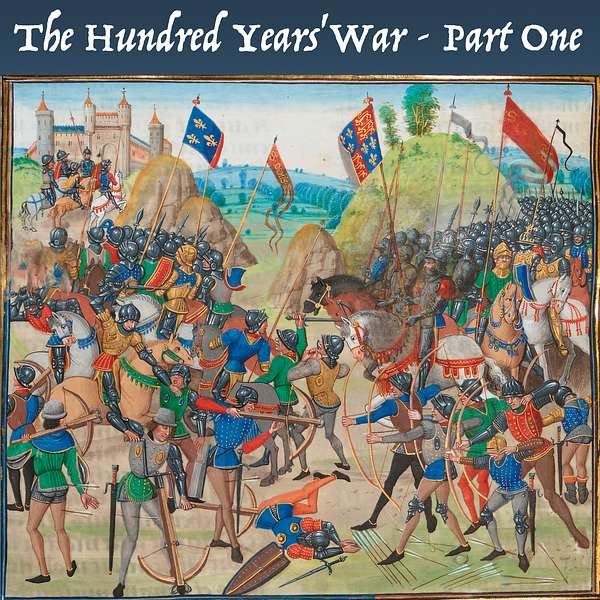
La Fayette, We Are Here!
La Fayette, We Are Here!
The Hundred Years’ War, Death by all Means - Part One
The Hundred Years' War or la guerre de Cent Ans in French. That enormous conflict, or series of conflicts actually, ravaged France from 1337 to 1453.
The vast majority of English or American history podcasts or books have an English point of view regarding this conflict. This is perfectly normal and understandable, but I will try to bring more of a French perspective, focusing more on the French side of things.
Given the scope of the war and its complexity, I have decided to split this story into two episodes. This is part one, covering the initial invasion of France by England up until the reign of Charles V of France in 1364.
This story has absolutely everything. Family feuds, epic battles, betrayals, heroes, villains. All set in medieval France. And narrated by yours truly. What else could you ask for?
Listen to Cork Out History podcast!
Timecodes:
Introduction
04:01 - Context
08:39 - The Origins of the War
15:34 - Two Kingdoms at War
19:31 - Crécy and the Downward Spiral for France
23:35 - The Black Death and the Battle of Poitiers
31:35 - France, the Duchies and the arrival of Charles V
Music: Marche pour la cérémonie des Turcs, composed by Jean-Baptiste Lully, arranged and performed by Jérôme Arfouche.
Art: Bataille de Crécy in the "Chroniques de Jean Froissart", XVth century
Reach out, support the show and give me feedback!
War. A “mere continuation of policy by other means” according to Clausewitz. The most brutal, extreme and unforgiving human experience according to those who experience it. One of the oldest human activities, one that fascinates and intrigues.
I haven’t experienced war. I was lucky enough to be born in a country and in a time free of it. The people born in France in the XIVth century didn’t have that luxury. They witnessed the beginning of a conflict that engulfed the whole country for over a century.
And if that wasn’t enough, they experienced the worst pandemic known to humanity. The Black Death, the Plague. Something that killed 30 to 60% of the population according to the various estimates.
We are now entering that era. That dark time in human history where warfare and disease struck with immense force in the heart of France. Devastation by fire, devastation by bacteria. We are now entering, the Hundred Years’War!
Welcome to La Fayette, We are Here! The French history podcast for the American public. I am your host, Emmanuel Dubois, and today we are talking about the Hundred Years'War or la guerre de Cent Ans in French. That enormous conflict, or series of conflicts actually, ravaged France from 1337 to 1453.
The vast majority of English or American history podcasts or books have an English point of view regarding this conflict. This is perfectly normal and understandable, but I will try to bring more of a French perspective, focusing more on the French side of things.
Given the scope of the war and its complexity, I have decided to split this story into two episodes. This is part one, covering the initial invasion of France by England up until the reign of Charles V of France in 1364.
As Americans, you might ask “why do I care about a war between France and England in the Middle Ages?” Well, you should care. The continual strife between France and England is key to understanding the colonization of North America in the XVIth century and then why France took the American Rebels’s side in the War of Independence. The Hundred Year’s War is one the key parts of that narrative. I’m sure you’ll find this interesting and relevant. Plus it’s just a fascinating subject in and on itself. Keep in mind that many historical figures cited in this episode would deserve episodes in their own right, but I have to cut short to keep a coherent narrative.
Context
It does need some context though. The rivalry between France and England is notorious, but where does it come from exactly? Well, it can actually be dated precisely: 1066. That’s when Guillaume le Bâtard became Guillaume le Conquérant, or William the Conqueror. The Normans defeated the Anglo-Saxon army at the battle of Hastings and became the rulers of England. The Duke of Normandy was now king of England.
That created a very interesting situation. Being king, he was equal to the king of France. But he was also his vassal, his inferior, as Duke of Normandy. He had to pay homage to the French king for Normandy, a part of the kingdom of France. That feudal imbroglio won’t get solved and tension between the two countries will rise during the following centuries. Now, I don't intend to talk about everything that happened between the two countries between the XIth and XIVth centuries, but I have to give you some context to understand and appreciate better the Hundred Years'War.
The first big conflict erupted after the French king Louis VII repudiated his wife Aliénor d'Aquitaine in 1152. She remarried, with Henri Plantagenet, future king of England. In 1154, he became king of England, but he was also Duke of Normandie, Count of Anjou and now ruled over Aquitaine thanks to his wife. This immense territory was nicknamed the Plantagenet Empire. The king of England effectively ruled over way more French territory than the king of France. It should be noted that at this time, the kings of England are more French than English. More often than not, they don't even speak English, the language of the people. This will evolve over the next couple of centuries, thanks in part to the war that is our subject for this episode.
The French crown won't rest idle however. The king Philippe II, nicknamed Philippe Auguste, retook most of the Plantagenet possessions in France from Richard Cœur de Lion (Richard the Lionheart) and his brother, Jean Sans Terre (John Lackland) during the end of the XIIth and beginning of the XIIIth century. This culminated with the battle of Bouvines in 1214, were Philippe Auguste defeated the combined English and Imperial armies, from the Holy Roman Empire. The king of England had to accept defeat and sign the treaty of Chinon. Normandie, Anjou, Tourraine, Bretagne all these territories were retaken by the French king, reinforcing his own power as well as his kingdom's. In England, the backlash is immense, and the king has to agree to sign the Magna Carta with the English barons in 1215 to keep his crown, but that's another story.
The situation remained relatively stable for the next century. The French king Louis IX reinforces the status quo with the Treaty of Paris in 1259, giving back the territory of Guyenne, on the French Atlantic coast, to the king of England, but forcing its owner to pay homage to the king of France. This treaty will be the legal basis for the administration of Guyenne for the next eighty years. France was also enjoying what we call the "Capetian Miracle". Since 987, every French king of the Capetian dynasty had a male heir. No succession war or crisis, no need to assemble the barons to choose a king. It was a clear line of hereditary successions. When this comes to a halt, it presents the king of England with a unique opportunity to claim the French throne, and later to attack France. Let's dig into that a bit more.
The Origins of the War
The origins of the war itself are both dynastic and economical. You see, in this time period, land equals power and wealth. Therefore, lords always wanted to conquer more territory, for both these reasons. Claiming a title or a throne was often a pretext to invade the said county or country. That's exactly what happened between France and England. Let me introduce you to the French and English royal family trees to get a better grip of what was going on at the beginning of the XIVth century.
The king of France was Philippe IV, the Fair, also nicknamed the Iron King. He had a strong authority and his kingdom was thriving. His daughter, Isabelle, married the future king of England, Edward, soon-to-be Edward II. Together they had a son, also named Edward, the future Edward III. That's our first piece on the chessboard: a king of England who happens to also be the grandson of the king of France.
Philippe IV died in 1314, but he had three sons, so no problem, right? Well, not so fast. His eldest son, Louis, becomes the king Louis X. But he was of fragile health and died in 1316. At the time of his death, he has a daughter, Jeanne d'Évreux, and his wife is pregnant. I should also mentioned that he had two wives. Jeanne's mother is Marguerite de Bourgogne who was condemned for adultery and died in prison. His second wife was Clémence de Hongrie. His brother Philippe becomes regent. Five months after Louis's death, Clémence gives birth to a boy, Jean. The dynasty is saved, the Capetian miracle endures!.. For only four days. The poor little Jean dies and is know to posterity as Jean le Posthume, or John the Posthumous. Philippe, not missing a beat, bypasses Jeanne's claim to the throne and becomes Philippe V of France. Most French noblemen support this decision because Jeanne is a minor and a girl. They fear that a foreign prince could marry her and effectively take control of the kingdom. But this creates a dangerous precedent. For the first time in 329 years, somebody else than the king's child inherits the throne. Fate, will decide the rest.
For those of you who want to know more about Jeanne or her mother, I encourage you to listen to the episodes regarding her on the podcast Passed by Veronica Fortune. She did a great job on these historical figures.
Philippe V is now king of France, but not for very long. He dies in 1322, without a child. The crown now goes to the last male descendant of Philippe IV, Charles, who is crowned as Charles IV. But the Capetian miracle is definitively over, as he dies in 1328, also without an heir.
The French barons now have a problem. Who inherits the French throne? Jeanne is the only direct descendant of the French king still alive. But she's a girl, and as I stated before it plays against her claim. The French nobles invoke the old Frankish "Loi Salique", excluding women from inheriting land. It's basically misogyny disguised as law. They say that it also applies to the crown, and effectively disinherit her.
But there is another male in direct lineage from Philippe IV: Edward III of England. He became king the year before, after having evicted his own father from the throne with his mother Isabelle and her lover, Roger Mortimer. Quite the family drama. Nevertheless, he's king and the grandson of Philippe IV. But the French barons also invoke the Loi Salique, saying that the crown can only be transmitted through male lineage. They also decide that the king of France should be born in France. It's the first time that a monarch's place of birth actually matters, and is considered and element of the beginning of French national identity. Isabelle is furious, but Edward will respect the French lords' decision. They finally settle on Philippe IV's nephew, also named Philippe, and he becomes Philippe VI in 1328. Edward III pays homage to him, because he still has lands in France, but the troubles are far from over, and the king of England is a patient man.
The English kings had tried a couple times to make Guyenne an independent territory, to not be forced to pay homage to the kings of France. Each time, the French crown intervenes, seizing territory and forcing the English to back down. Philippe IV did it in 1292 and Charles IV in 1327. The kings of France and England agree that France should renounce to any future annexation of English-owned lands in France, but the king of England has to go to France to pay homage to his suzerain. After much convincing, Edward III finally does so, but the tension is palpable between the two kings.
To make matters worse, Philippe supports the Scots in their conflict against England, making Edward furious. More trouble erupt in Aquitaine and Guyenne and the king of France seizes Guyenne and Ponthieu (in northern France, another English possession). Edward answers in writing to Philippe, whom he calls the "so-called king of France". He claims to be king of France and we are now in an open, full-scale conflict between the two kingdoms in 1337. Little did they know the scope it would take.
Two Kingdoms at War
Any bookmaker would have favoured France. The country is richer and way more populous, about 15 millions inhabitants against 4 millions in England. It also has an old and powerful army. The French knights, descendants of the Frankish heritage, are dreaded by their enemies. But the English have a couple advantages. Their administration is more efficient, more modern. And France is experiencing a terrible economic downturn because of the various conflicts in Flanders and of the famines that started in the 1330s. Quick note, famines and diseases will be a key element of that period onward.
The English king doesn't lose time and launches his first chevauchée in 1339 in northern France. A chevauchée, which means "horse ride" in French, is basically a quick military operation during which a small army moves quickly in the countryside, devastating everything. It will become a trademark of English military operations in France during the whole war. The idea is to weaken the adversary's economy and to force him to fight under your own terms. But it is waged upon the population rather than on the enemy's army. It's part of the reason why the English army is seen as cruel by the French, sometimes to this day.
Edward is cunning and smart. He uses economical warfare in a clever and relentless manner. He blocks wool exports to Flanders, to force the region to revolt against the French crown. Flanders was by far the most urbanized region of Europe and its main trade was cloths. Without the English wool, the Flemish cannot earn their living. Edward also favours Robert d'Artois in his claim over the county of Artois, against the French king's authority. This works beautifully, as the king of France has to divide his attention between various fronts, military and otherwise.
Edward proclaims himself King of France in Gand in 1340, on French soil! He incorporates the Fleur de Lys on his Royal coat of arms, there is no going back. During the first couple years of the war, the two kingdoms trade blows, with France winning some engagements and England others. The first major engagement is a naval one, in the Northern See. It happened in 1340 and is known in French as the "Bataille de l'Écluse", but in English as the Battle of Sluys. There, the French fleet is annihilated by the English one. Without going into details, suffice to say that the French tried to use a brute force tactic and that the English outmanoeuvred them completely. The casualties are absolutely horrible, with at least 15,000 Frenchmen dying in the engagement, and 170 ships lost. That's far more than any land engagement during the war. It also cleared the way for further invasions of northern France by the English army.
France will know many more defeats over the next 12 years. Both countries are also implicated in the War of the Breton Succession, where Jean de Monfort and Charles de Blois will fight over control of the Duchy of Brittany. Jean was supported by Edward, and Charles by Philippe. Eventually, Jean will win the conflict in 1365, but I'm getting ahead of myself.
Crécy and the Downward Spiral for France
Things started to go really bad for the king of France in 1346. The English army had landed in Normandy for a new chevauchée, and Philippe sent his army against it. They will eventually meet at Crécy-en-Ponthieu, about 100km south of Calais, on August 26th. This battle deserves to be told, as it is a hallmark of English military capability as well as a turning point in the war.
The French have an army of around 30,000 men, some sources even number them at 50,000. But they are exhausted after a very long march. Nevertheless, the French mounted knights, the fine fleur of the French army, argue for an immediate attack. The English have taken a strong position, uphill, giving them a huge advantage. They also have one key element in their favours: the longbow. English longbowmen are unmatched when it comes to range and rate of fire. Put them in an advantageous position, and they can destroy a much stronger force. That's exactly what awaits the French knights. The English number around 10,000 to 15,000 troops, but they will prove enough to stop their French counterparts.
The French decide to use their main weapon: the cavalry charge. Indeed, properly used, it has demonstrated its efficiency times and times again. But here, the knights are charging uphill, facing a shower of deadly arrows. The English even have a few bombards, probably the first use of artillery in Western Europe. The French knights are decimated by the volleys and the ones that reach the English ranks get massacred. The English are not taking prisoners, and the French send wave after wave of mounted knights and of men-at-arms. Their bowmen and crossbowmen cannot get in range to offer proper support.
The defeat is total, with over 1,500 French knights being killed and around 4,000 soldiers. It's a huge setback for the campaign, and a blow to the prestige and power of the French crown. Philippe VI, who survived the battle despite having two horses killed from under him, had to be persuaded by the count of Hainaut to leave the battlefield. Interesting fact, his ally the king of Bohemia, Jean de Luxembourg l'Aveugle, or The Blind, fought in this battle. He had his horse tied to his squire's to be led to the English lines to fight them. He was killed and there is now a "Cross of Bohemia" on the battlefield of Crécy.
The most direct consequence of Crécy is that it allows Edward to besiege Calais. The city will fall a year later and will prove a crucial bridgehead for future English invasions. But as I mentioned, the French power and prestige just took a serious blow.
At the same time, another belligerent was making its entry in the conflict. It arrived on Italian ships coming from the Orient, in the harbours of Marseille and Avignon in 1347. It unleashed over the whole territory, without any care for flag, alliance or rank. It was a great equalizer and proved absolutely devastating. The Plague had entered France.
The Black Death and the Battle of Poitiers
Between 1348 and 1360, France experienced disasters on and off the battlefields. The country was already on its knees because the repeated famines and the war. The Plague struck at the worst possible time. Two variants of the disease are present: the bubonic plague, spread by fleas on the rats, and the pulmonary plague, spread through direct contact. Both are lethal, but the pulmonary variant is even more so. Europe hadn't know something like this since the VIth century and the Justinian Plague, but this new plagues spreads even further and kills even more. The Black Death will take with it around half of Europe's population. Some French towns experienced a mortality of ninety percent of their original population.
Contemporary sources talk of an apocalypse, of God's wrath, of a, quote, "number of victims so high that I'd never heard or read about something like it in past times", as written by Jean de Venette, a French chronicler of the time.
Everything stops. The disease spreads so fast and so terribly that the country is paralyzed. Agricultural production collapses, trade vanishes, wine production dries up. France, a kingdom that was the richest in Europe, that had a strong and uncontested monarchy and a feared army, was now struggling, defeated and without any hope of salvation.
People looked for a reason for this calamity. Of course, men think there must be a culprit. Someone responsible for all this. Maybe a group of people. And, as is usual in Europe, they accuse the Jews. France experiences some of its worse pogroms in the 1340's and 50's. As an example, 2,000 Jews are killed in Strasbourg in 1349, but many thousands more will be killed by Christians over this period. Many will also flee or convert to Christianity. It's a tragedy and a shame on France's history. Sadly, it won't be the last time that French Jews are single out as responsible for catastrophes that they aren't responsible for.
This is but the first wave of the Plague, but it's the most terrible. It strikes England too and forces the hostilities to halt. The plague will come back in various waves after 1361 for a good century. A truce had been concluded between France and England in 1347 and was extended in 1351. When it expires, the war restarts, but on a much smaller scale than before.
We now have a new cast of characters for the following part of our tale. The king Philippe VI died in 1350 and his son Jean became king Jean II, nicknamed "Le Bon", or "The Good". On the English side, a young man was becoming a clever and dreaded military leader. Edward of Woodstock, Edward III's son, known to history as the Black Prince. These two will meet under the most extraordinary circumstances.
The Black Prince starts a new chevauchée in 1355 in Languedoc, a most terrible one. In the superb chronicle "Grandes chroniques de France", it is written, quote: "Après qu'il eut couru le pays jusque près de Toulouse, et de là jusqu'à Narbonne, et brûlé, gâté et pillé tout environ, s'en retourna à Bordeaux avec tout son butin et foison de prisonniers" or in English: "After he traveled the country up to Toulouse, and from there to Narbonne, and burned, spoiled and looted about, returned to Bordeaux with all his loot and plenty of prisoners". One of the theories on how Edward of Woodstock acquired his nickname is because of his brutality towards the French people during his campaigns. It's certainly a possibility according to the French chronicles of his behaviour, but it should be said that it was far from uncommon at the time.
Jean II answers the call of his countrymen asking for help against the Black Prince and leads his army against him in 1356. The French army outnumbers Edward's, so the prince retreats to an advantageous position. The French cavalry cannot be used on that terrain, so the knights fight on foot, hoping to avoid to repeat the error of Crécy. They are better armed but less mobile than their English counterparts and are mowed down by the English longbowmen. During the battle, two men fight desperately for their lives: the French king Jean and his son Philippe le Hardi (Philip the Bold in English). The king is made prisoner. It's a disaster for the French monarchy.
Jean is sent to England and France enters a new phase of the war: civil conflict. Up until then, the country and its nobles had stood relatively united against the English. But the repeated military disasters have weakened the French royalty. With the king in captivity, the Dauphin Charles has to assume power and he faces a steep opposition in Paris led by merchants like Étienne Marcel, backed up by Charles II of Navarre, nicknamed "the Bad". This monarch will switch sides many times until his death in 1387 and will contribute a lot to the chaos of the period.
The Dauphin also has to deal with a revolt of the peasants named "Jacquerie", because their leader was named Jacques Bonhomme. Both revolts will end in blood with the monarchy staying in control, but it is nevertheless tottering and announces further troubles for the French crown.
Negotiations keep going between the two kingdoms, they will lead to the treaty of Brétigny in 1360. Edward III of England keeps Aquitaine, Calais, Ponthieu and the comté de Guines. This represents about a third of the French kingdom. A ransom of 3 millions écus (the French name for gold coins) is fixed to free king Jean. Edward III is reinforced in France but renounces the French crown. There is a slight hope for peace.
Ensues an interesting moment. Jean II is returned to France before the ransom is completely paid off. To ensure that he will keep his word regarding the treaty, Edward has hostages like the king's brother and his son, Louis d'Anjou. In 1363, Louis escapes and Jean is outraged. He feels compelled by honour to take his son's place and goes to England. The French nobles tried to stop him, to no avail. France is now weakened, impoverished and without a king.
France, the Duchies and the arrival of Charles V
France was a complex kingdom. With counties and duchies all over the place. Just like kingdoms, these smaller entities were ruled by lords and could face succession crisis and war. While France was fighting England, two of its biggest duchies faced their own crisis: Bretagne, or Brittany and Bourgogne, or Burgundy. For the sake of understanding, I will use their English names here.
The Duchy of Burgundy was a vassal state to the kingdom of France, albeit a very powerful one. In 1361, it faces a crisis of succession with two main candidates: Charles the Bad of Navarre, yes the same one, and Jean II of France. Jean being the suzerain, choses himself and gives it to his son Philippe, the one who fought alongside him at Poitiers. That helped to neutralize Charles of Navarre and, for a time, to have Burgundy on the French crown's side.
I mentioned the conflict in Brittany earlier in the episode. Jean de Montfort, supported by the English king, is triumphant and takes charge of the Duchy in 1365. The new king of France, Charles V allows this but the duke has to pay homage to him
Charles V proves an effectual and smart king. He solves many problems within France, especially the one of the Companies, these military regiments used during the war that now had nothing else to do but pillaging the countryside. He uses them in a conflict for the throne of Castile and reinforces his influence by supporting Henri du Trastamare against his rival Pierre le Cruel. Charles and Henri are victorious, and Castile becomes an ally of France.
Charles also navigates a succession crisis in Flanders with an agile hand. He manages to have his brother, Philippe Duke of Burgundy, marry Marguerite de Flandre in 1369. The other candidate for this marriage was Edward III's son, so this is a clear win for Charles at the time. This alliance between Flanders and Burgundy will eventually become a problem for France. But for now, it was a smart and effective move.
Charles V, nicknamed "The Wise" has, in a few years, stabilized the situation, let in taters by his father. France still has a lot of territory under English rule, but at least there is no open war at the end of the 1360s. The Duchy of Brittany and Burgundy are stable, the kingdom of Castile is now an ally. This is a good place to stop our first episode on the Hundred Years'War. Thank you for listening, and don't forget to subscribe to the podcast to listen to the conclusion of this epic conflict.
Au revoir!
Podcasts we love
Check out these other fine podcasts recommended by us, not an algorithm.
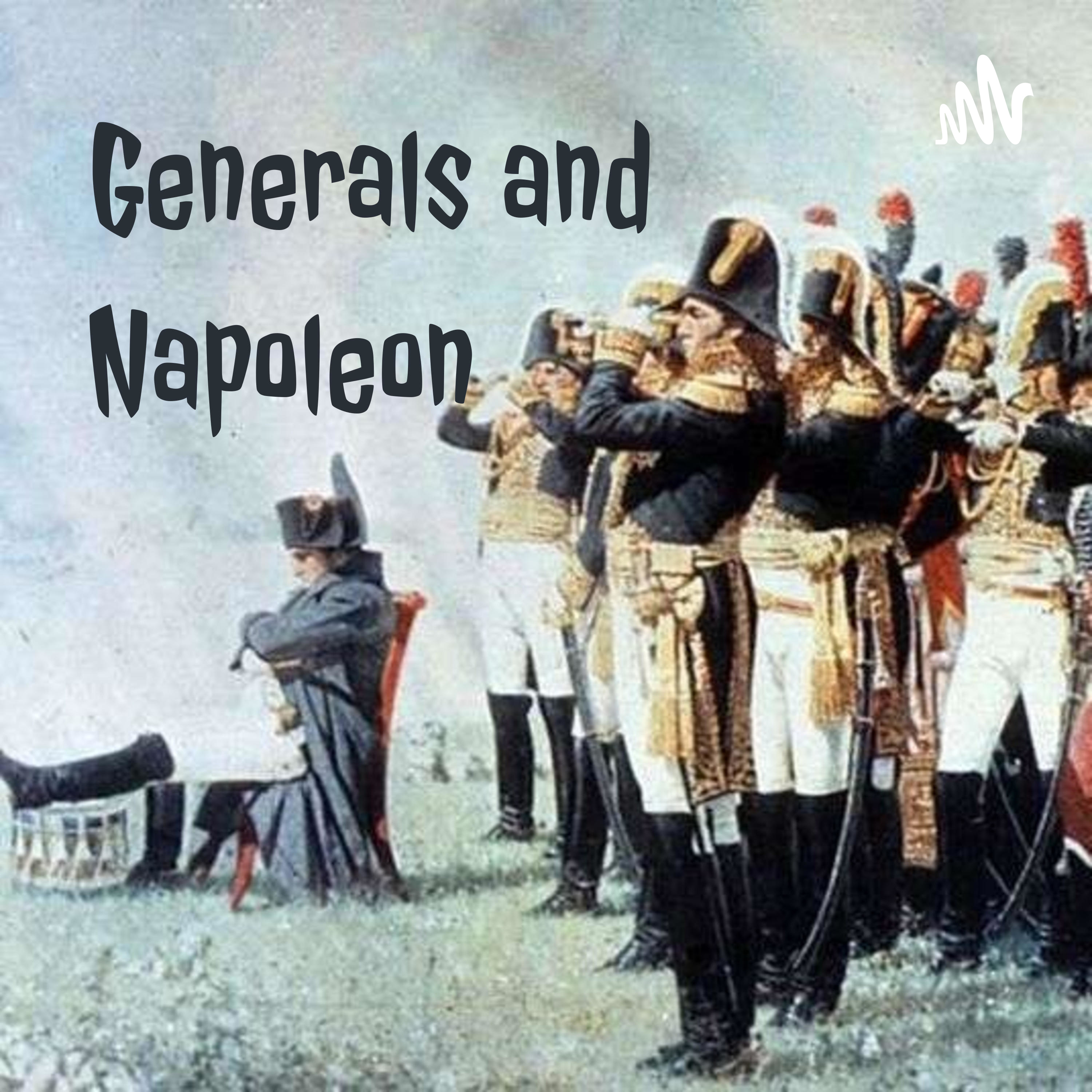
Generals and Napoleon
John W. Viscardo
Shipwrecks and Sea Dogs
Rich Napolitano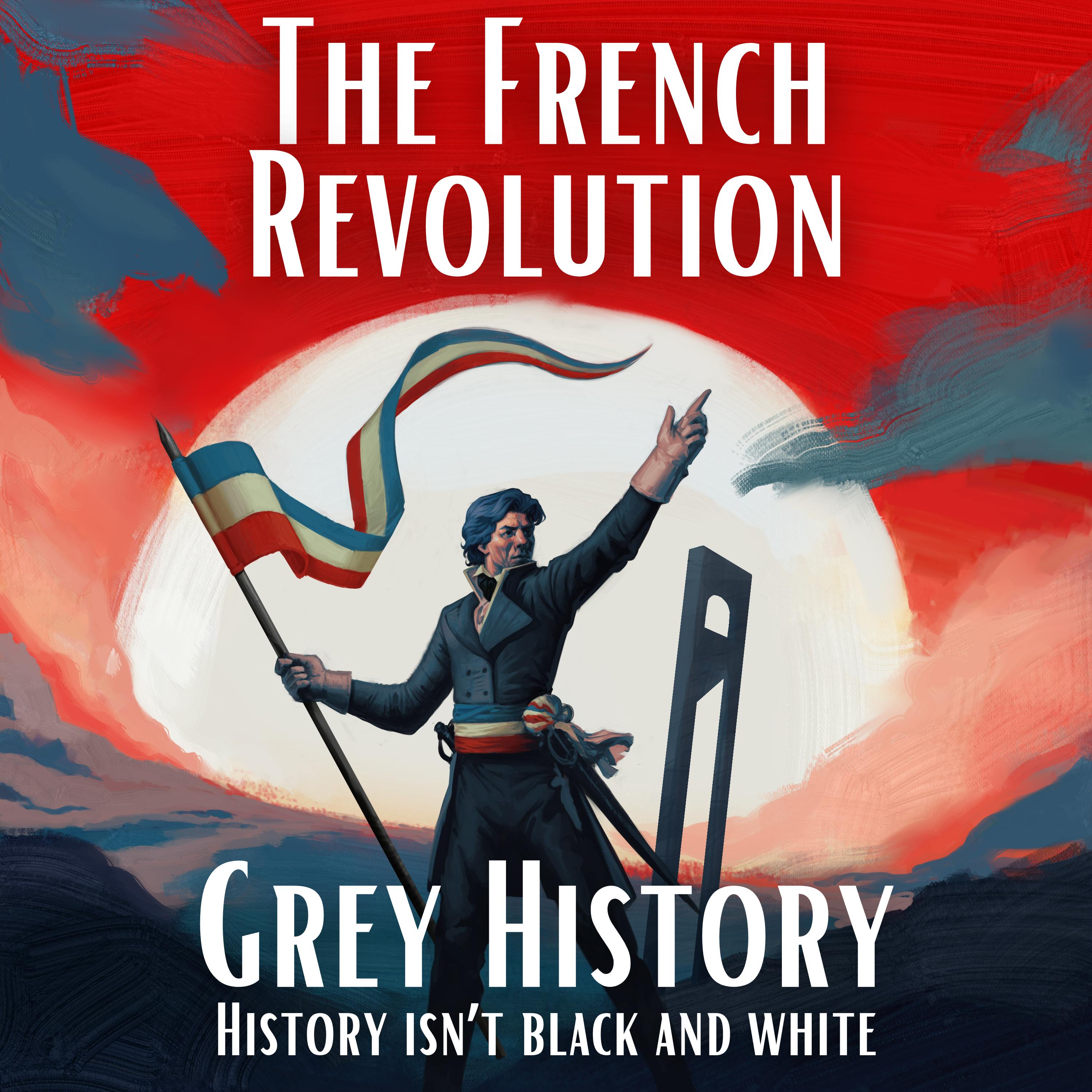
French Revolution & Napoleon (Grey History)
Grey History (William Clark)
The Life and Times of Frederick the Great
Alec Avdakov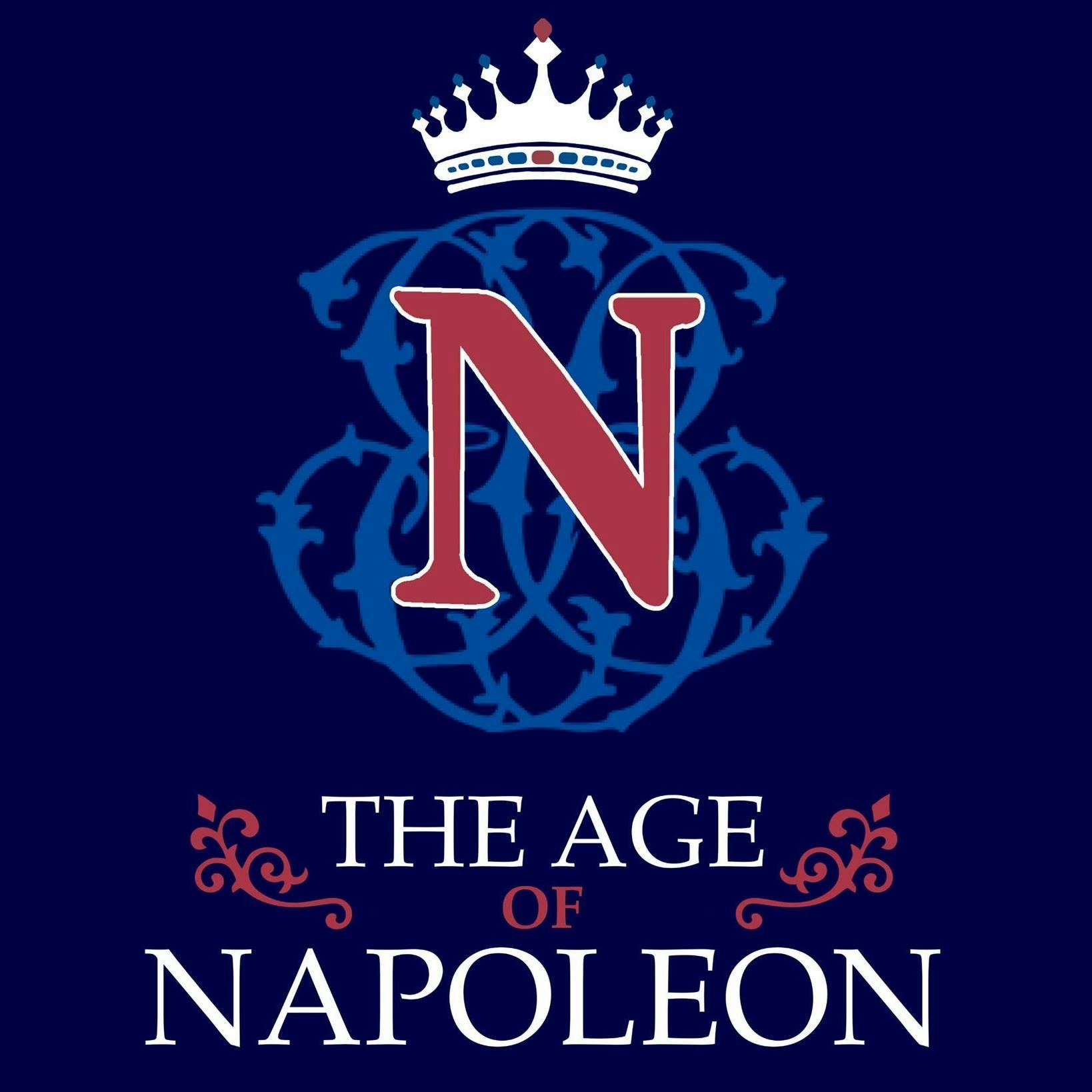
The Age of Napoleon Podcast
Everett Rummage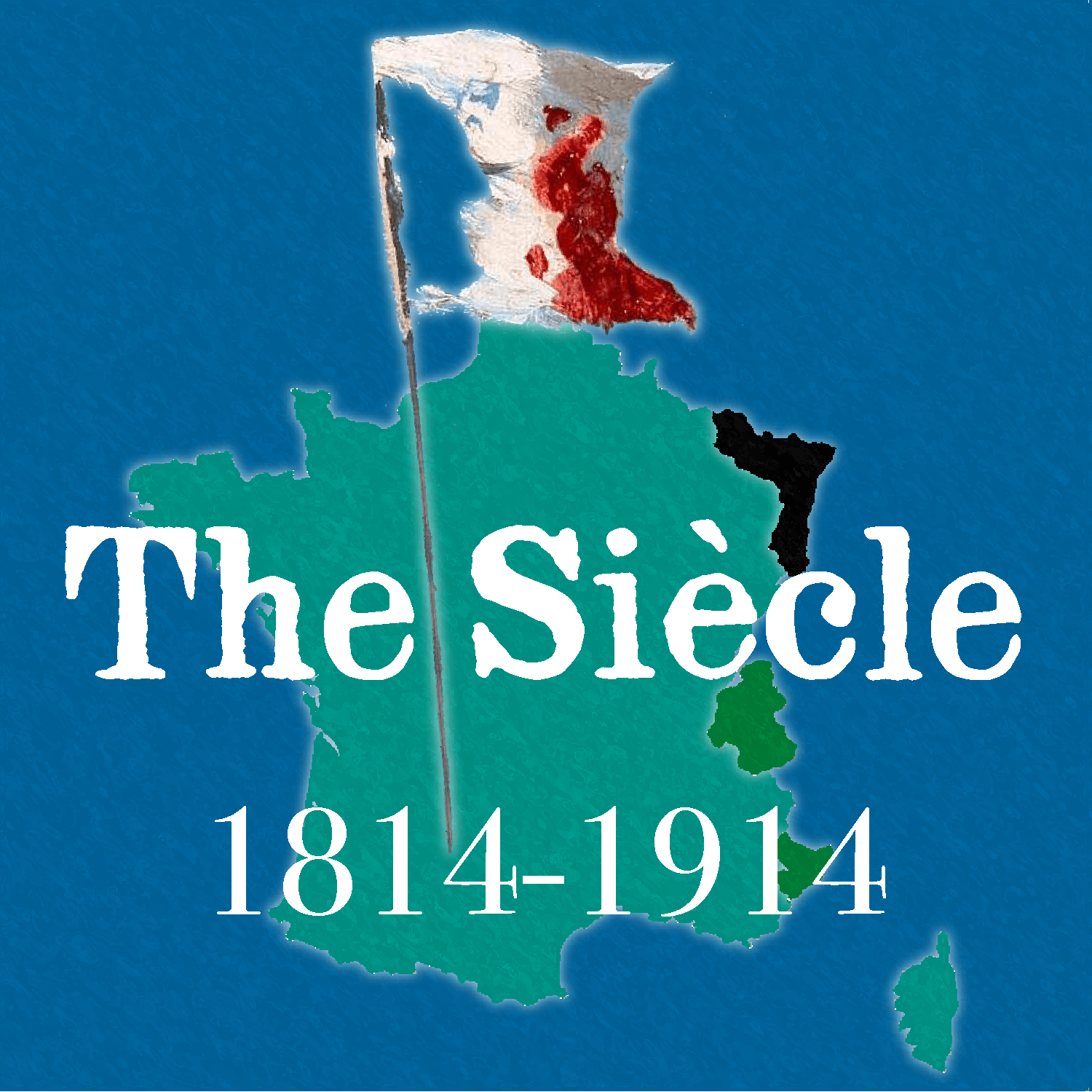
The Siècle History Podcast
Evergreen Podcasts
The Napoleonic Wars Podcast
Zack White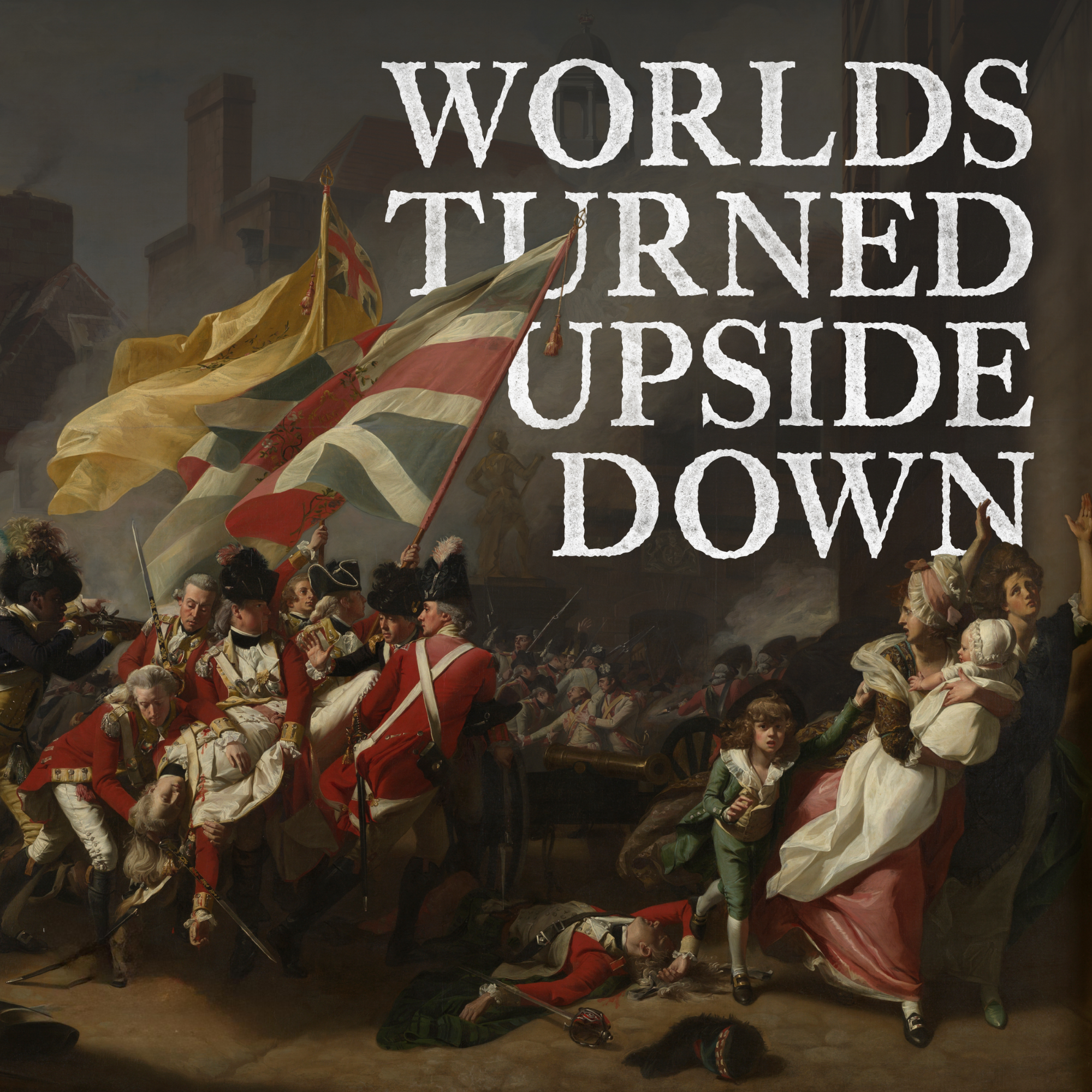
Worlds Turned Upside Down
Roy Rosenzweig Center for History and New Media
Empire-Builders
David Mainayar
Battles of the First World War Podcast
Mike Cunha
New York, Quebec, and The Water Route to the Center of the World
William Matthews
Deep into History
Deep into History
Battle Royale: French Monarchs
Ben Clarke and Eliza Sommers
A History of Japan
Justin Hebert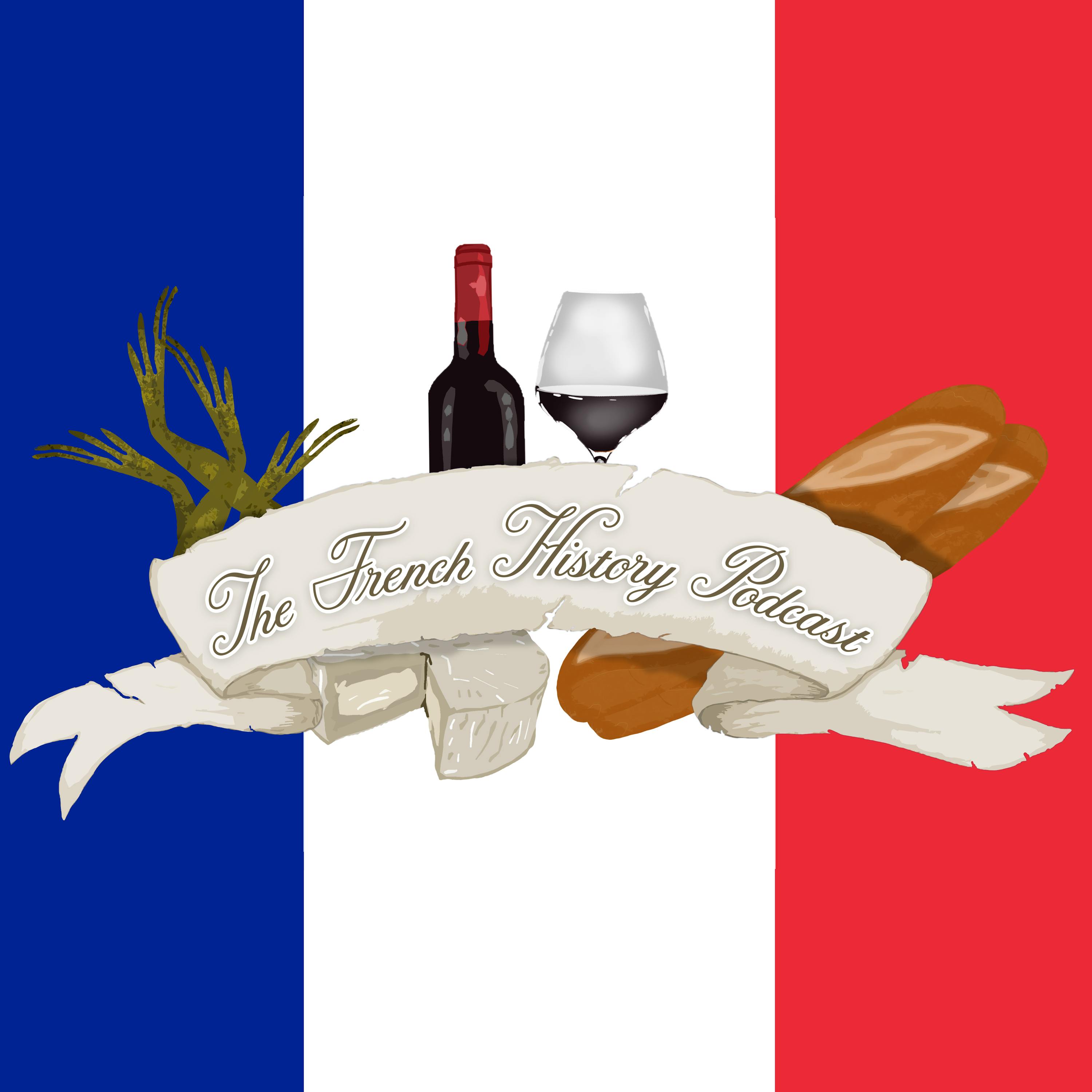
The French History Podcast
Evergreen Podcasts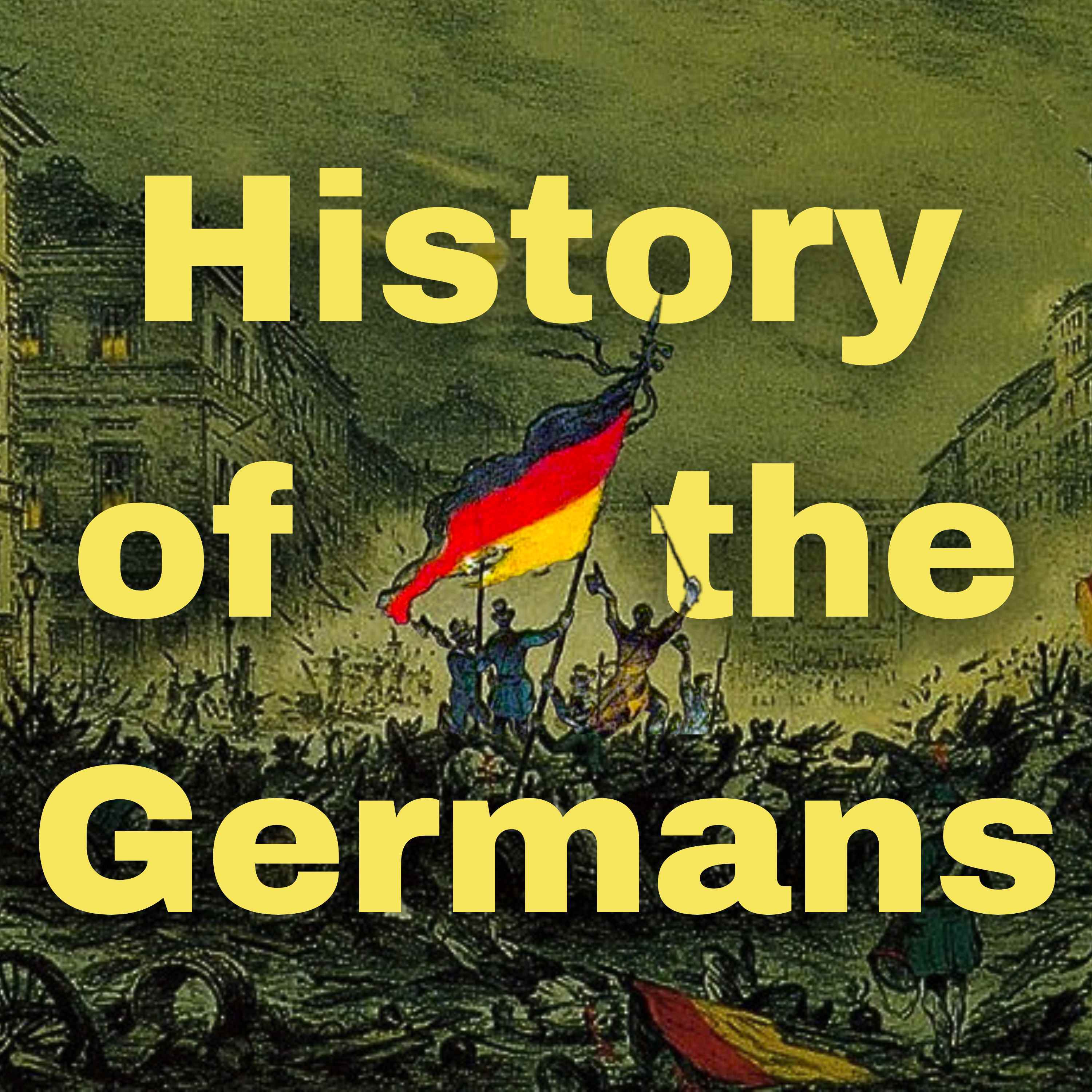
History of the Germans
Dirk Hoffmann-Becking
Half-Arsed History
Riley KnightFrench-Canadian Legacy Podcast
French-Canadian Legacy Podcast
The History of England
David Crowther
Canadian History Ehx
Craig Baird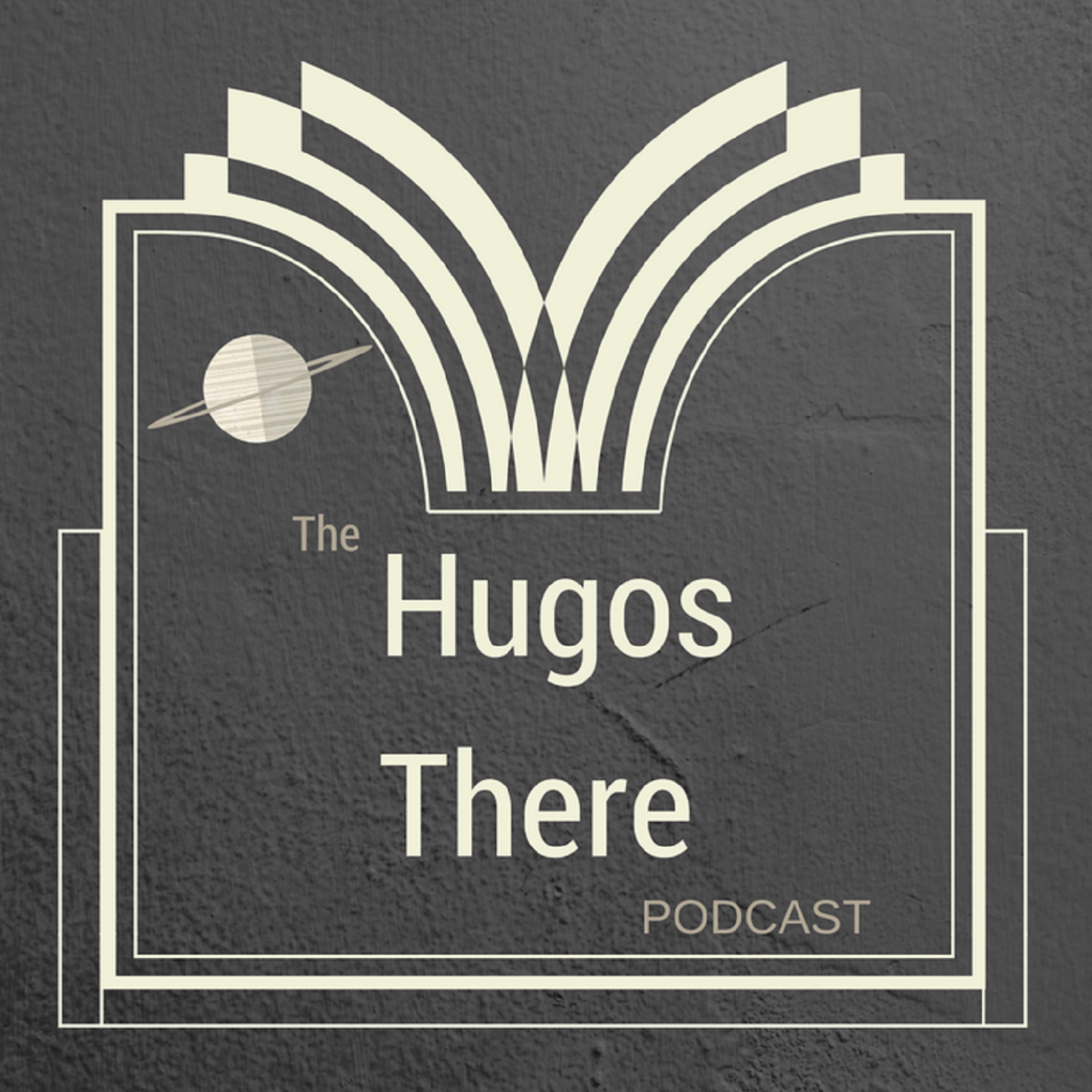
Hugos There Podcast
Hugos There Podcast
Hugo, Girl!
Hugo Girl

